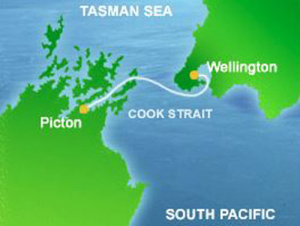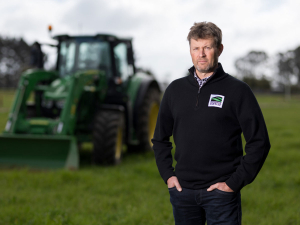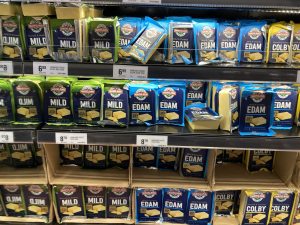Operation Cook Strait will be based where trucks stop in the upper South Island and will be run by the Ministry for Primary Industries (MPI).
Minister of Agriculture and Biosecurity Damien O’Connor says it will check that farmers moving cattle from the South to the North Island comply with their legal obligations under the NAIT Act; non-compliance will result in fines.
It is likely to be extended to other parts of the country.
O’Connor hopes the intensive programme will help control the further spread of M. bovis.
He was critical of the previous Government’s efforts to enforce the National Animal Identification and Tracing (NAIT).
“The previous National Government’s complete failure to enforce the NAIT scheme has promoted poor farming practices and seriously compromised our response to the Mycoplasma bovis outbreak,” he says.
O’Connor this week received the NAIT Review report, which shows the system is not working well enough. Only 57% of farmers who record their animal movements do so within the required 48 hours. I’m told overall farm-to-farm recording may be as low as 30%.
“NAIT is an important part of our biosecurity net and it needs improvement.
“Mycoplasma bovis is mostly spread through movement of infected cattle from farm to farm. This means cattle traceability between properties is critical to finding all affected animals, and stopping further infection.
“Operation Cook Strait is necessary if we are to have any chance of controlling this disease. There is no quick exit strategy for Mycoplasma bovis and farmers complying with NAIT is a bottom line for any option.
“Eradication is what everybody would like but it has to be technically possible, practically achievable and affordable for all. If we can’t improve NAIT compliance, we can’t get past go.”
















